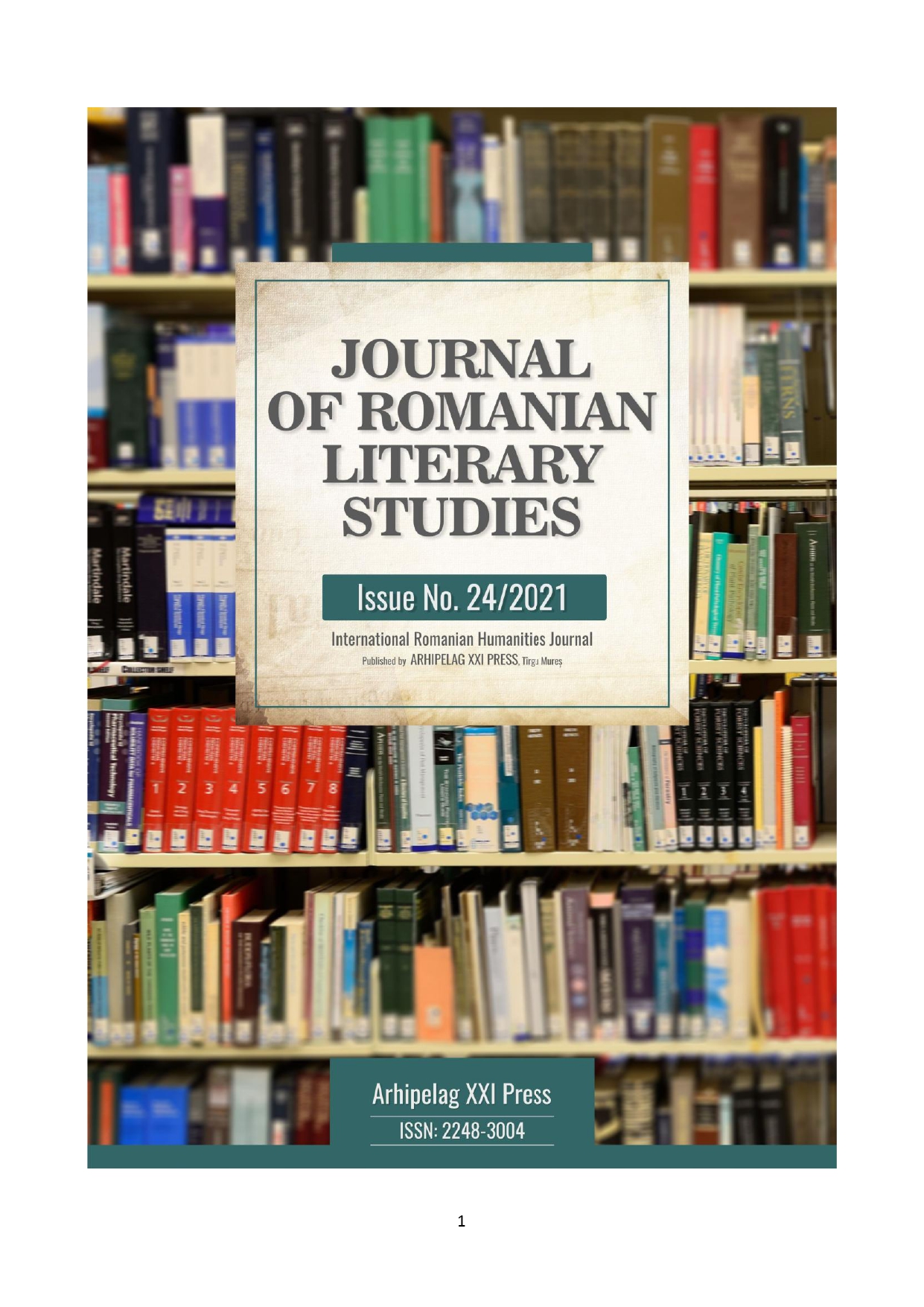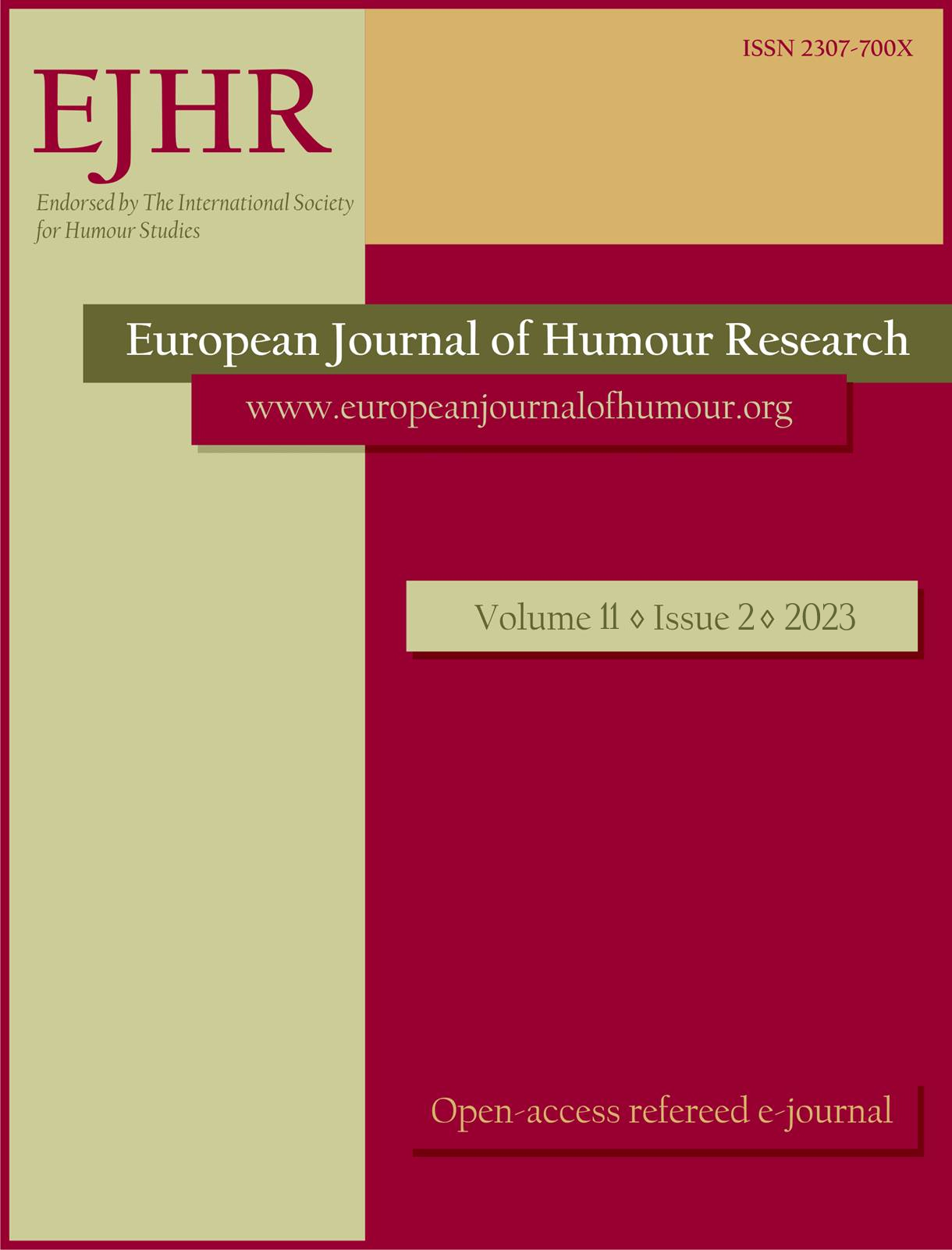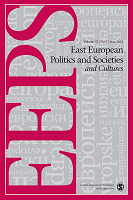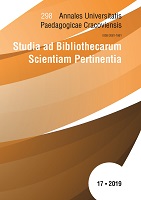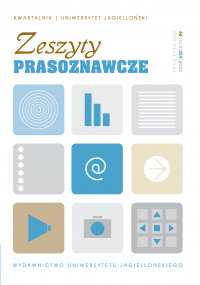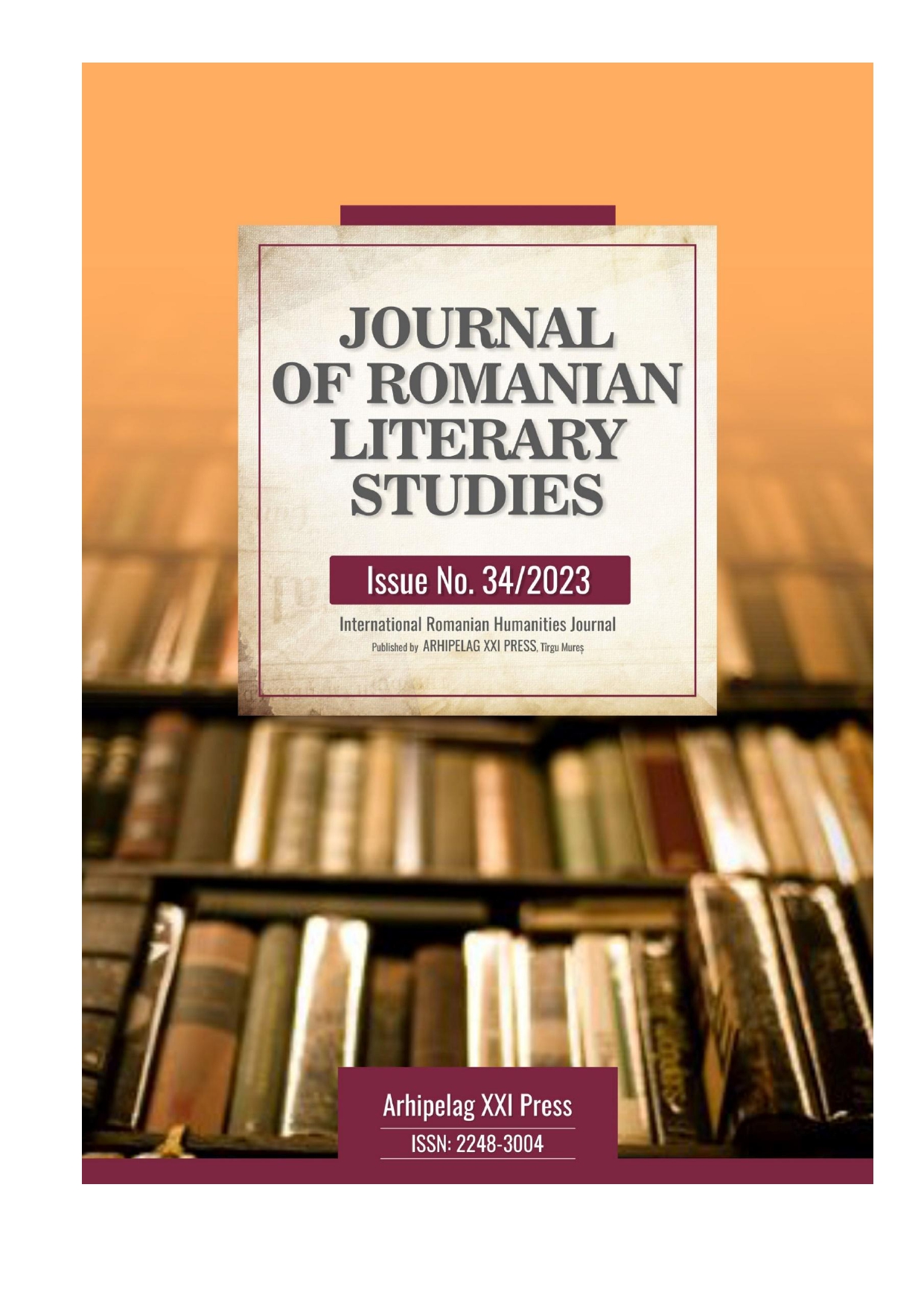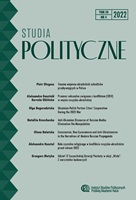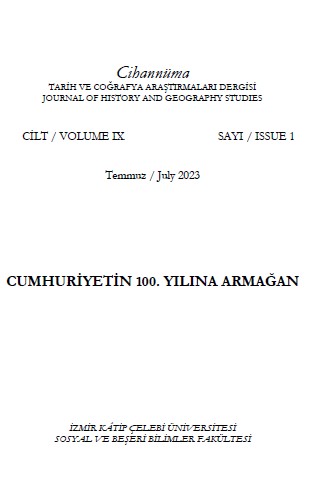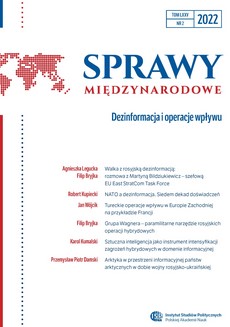
Russia – full spectrum revisionist? What the Kremlin’s exploitation of the Belarusian political crisis teaches us about the nature of Russia’s confrontation with the West
The political crisis in Belarus, provoked by public dissatisfaction with the fraudulent presidential election in August 2020, has entailed a number of consequences for the international status of Belarus. On the one hand, there was a rapprochement with Russia and, on the other, Belarus found itself in a state of Cold War with the West. The reasons for this state of affairs should be seen primarily in the attitude of Alyaksandr Lukashenka, who perceived the social protests as a serious threat to his illegitimate rule and, at the same time, inspired by the West. The threat of losing power caused him to turn to Russia for help, which was given to him. Russia was guided primarily in this case by its own fears, which concerned: the threat of losing control over a geopolitically important region, the shrinking of the area considered to be a zone of exclusive interests in favour of the West, the prospects of the successful democratisation of Belarus and the transmission of the virus of democracy to the Russian political system. Lukashenka, still unsure of his position and Russia’s support, has taken steps to strengthen the Kremlin’s loyalty. To this end, he continued to take anti-Western actions, aware that his closest ally in the Kremlin was the Siloviks group, which was the most influential group of the Kremlin’s elite and at the same time responsible for the Russian confrontation with the West. From Russia’s point of view, the Belarus-Russia conflict has become a platform for a whole spectrum of revisionist activities: offensive, defensive and isolationist. At the same time, Belarus and its conflict with the West have become part of information warfare against the West, as a part of which the Kremlin was generating tension in the capitals of European countries and the United States. Russia was interested in keeping this going as long as possible, which was not necessarily in line with Lukashenka’s own expectations.
More...
